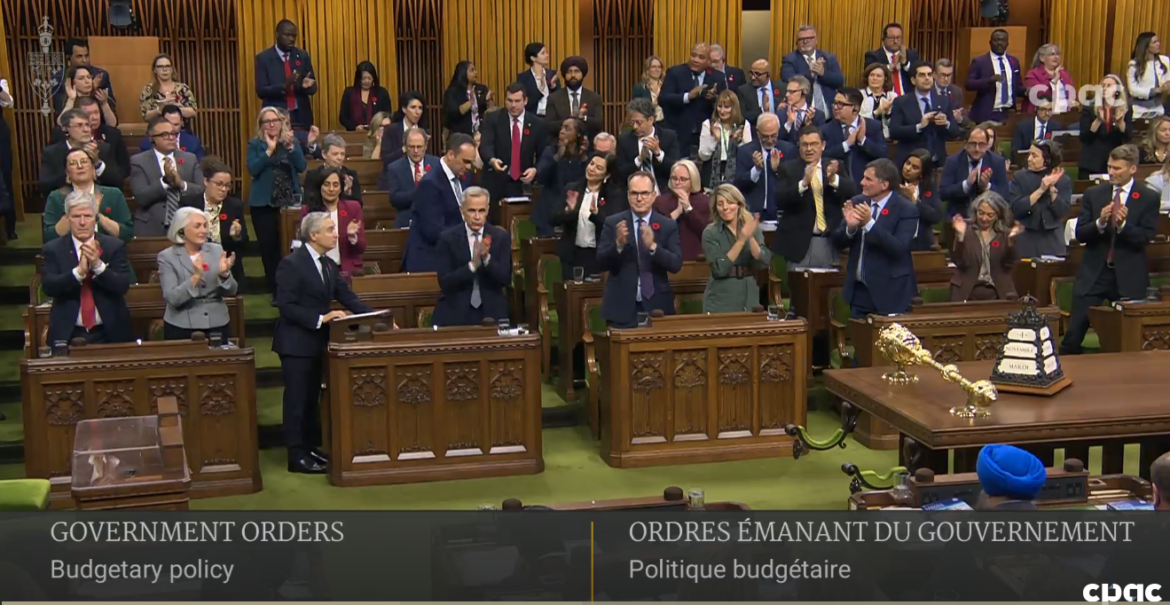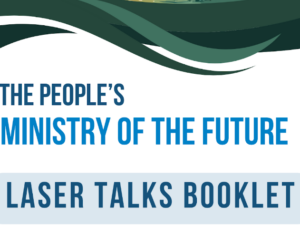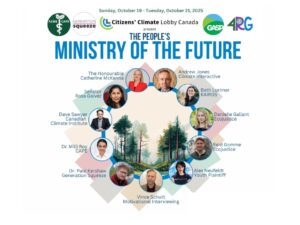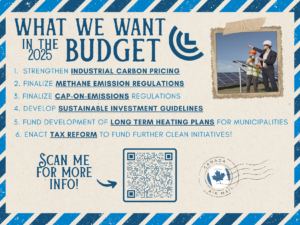FOR IMMEDIATE RELEASE November 5, 2025 SUDBURY, ON in Robinson Huron Treaty Territory – Despite record-breaking wildfires and over 60 years of warnings, Budget 2025 fails to deliver the urgent climate action Canadians need. Canada retains the second lowest government debt-to-GDP ratio in the G7 and a triple-A credit rating from Moody’s. Industrial carbon pricing and methane regulations remain intact, even amid trade tensions, climate disinformation and an affordability crisis driven by the climate emergency and oil companies artificially inflating prices. Opposition leader Pierre Poilievre, however, again falsely blamed rising food costs on the industrial carbon price. Other bright spots include no new pipeline funding and a $40 million, two-year commitment to create a Youth Climate Corps, launching in 2026–27. This program will provide paid training for young Canadians to respond to climate emergencies, support recovery, and strengthen community resilience. The budget’s recommitment to the Clean Electricity Investment Tax Credit (CEITC) is positive, along with promises to collaborate with provinces to modernize the grid and expand interprovincial connections. CCL Canada urges Parliament to legislate the CEITC before the winter break to provide certainty for clean-energy investment. “There is progress, but it is not enough to meet the moment,” said Cathy Orlando, National Director of Citizens’ Climate Lobby Canada. “Two weeks ago, I was on Parliament Hill with 55 other CCLers lobbying to strengthen the industrial carbon price and methane regulations. Some of our asks were reflected in the budget, but the scale of the response still does not match the crisis we face.” Yet major gaps remain, including: “People rarely change until they become uncomfortable,” Orlando added. “Climate change is already forcing that discomfort. It is killing people, devastating ecosystems like the boreal forest and coral reefs, and catalyzing megastorms such as Hurricane Melissa. There is still time to avert the worst outcomes, but it requires urgent action, not half measures. Someday we will all be judged, and I hope people choose to be remembered as good ancestors.” Budget 2025 shows some progress, but the climate emergency demands far more. Bold investments in renewable energy, an interconnected clean electricity grid, robust forest protection, and strong accountability measures are essential. The window to act is closing, and the choices we make today will shape the future of our communities and the planet. #####Budget 2025: Meeting the Moment? Not on Climate
Media Contact: Cathy Orlando, 705-929-4043 cathy@citizensclimate.org
Budget 2025: Meeting the Moment? Not on Climate
Home » CCL Canada News » Budget 2025: Meeting the Moment? Not on Climate













